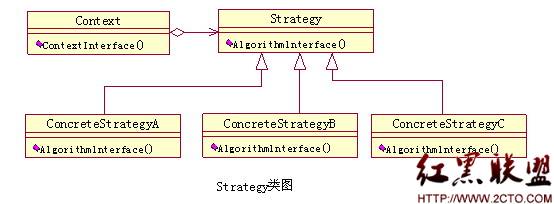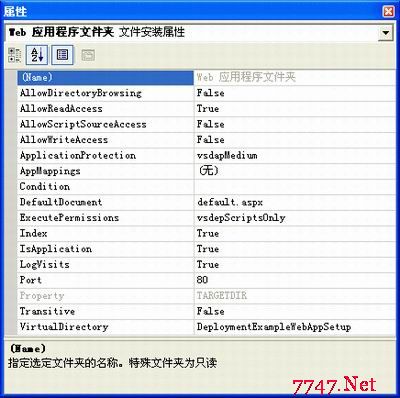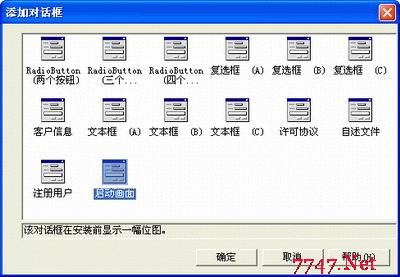在HTML中使用WCF RESTful上传文件
说明
在HTML中上传文件时会为文件内容加入一头一尾,使用浏览器自带的调试工具可看到请求头中有Request Payload数据如下所示:
[plain]
-----------------------8cc0b8cfcfd5ed2
Content-Disposition: form-data; name="file"; filename="item3.xml"
Content-Type: application/octet-stream
这里是真正的文件内容
-----------------------8cc0b8cfcfd5ed2--
-----------------------8cc0b8cfcfd5ed2
Content-Disposition: form-data; name="file"; filename="item3.xml"
Content-Type: application/octet-stream
这里是真正的文件内容
-----------------------8cc0b8cfcfd5ed2--
因此服务端接收后要手动对其作解析。
代码
网页端
[html]
<!DOCTYPE HTML>
<html>
<head>
<meta http-equiv="Content-Type" content="text/html; charset=utf8" />
<meta http-equiv="pragma" content="no-cache" />
<title>测试页</title>
</head>
<body>
文件上传页
<form action="http://localhost:4513/IVisitorRestService/Upload/utf-8" method="POST" enctype="multipart/form-data">
<input type="file" name="fileContent" /><!--这里的name属性必须有,否则浏览器不会将其作为表单内容进行提交-->
<input type="submit" />
</form>
</body>
</html>
<!DOCTYPE HTML>
<html>
<head>
<meta http-equiv="Content-Type" content="text/html; charset=utf8" />
<meta http-equiv="pragma" content="no-cache" />
<title>测试页</title>
</head>
<body>
文件上传页
<form action="http://localhost:4513/IVisitorRestService/Upload/utf-8" method="POST" enctype="multipart/form-data">
<input type="file" name="fileContent" /><!--这里的name属性必须有,否则浏览器不会将其作为表单内容进行提交-->
<input type="submit" />
</form>
</body>
</html>
服务端
契约
[csharp]
/// <summary>
/// 使用HTML上传文件
/// </summary>
/// <param name="file">文件流</param>
/// <param name="encodingName">HTML的文字编码名</param>
[WebInvoke(Method = "POST", UriTemplate = "Upload/{encodingName}")]
void Upload(Stream file, string encodingName);
/// <summary>
/// 使用HTML上传文件
/// </summary>
/// <param name="file">文件流</param>
/// <param name="encodingName">HTML的文字编码名</param>
[WebInvoke(Method = "POST", UriTemplate = "Upload/{encodingName}")]
void Upload(Stream file, string encodingName);
实现
[csharp]
public void Upload(Stream file, string encodingName)
{
using (var ms = new MemoryStream())
{
file.CopyTo(ms);
ms.Position = 0;
var encoding = Encoding.GetEncoding(encodingName);
var reader = new StreamReader(ms, encoding);
var headerLength = 0L;
//读取第一行
var firstLine = reader.ReadLine();
//计算偏移(字符串长度+回车换行2个字符)
headerLength += encoding.GetBytes(firstLine).LongLength + 2;
//读取第二行
var secondLine = reader.ReadLine();
//计算偏移(字符串长度+回车换行2个字符)
headerLength += encoding.GetBytes(secondLine).LongLength + 2;
//解析文件名
var fileName = new System.Text.RegularExpressions.Regex("filename=\"(?<fn>.*)\"").Match(secondLine).Groups["fn"].Value;
//一直读到空行为止
while (true)
{
//读取一行
var line = reader.ReadLine();
//若到头,则直接返回
if (line == null)
break;
//若未到头,则计算偏移(字符串长度+回车换行2个字符)
headerLength += encoding.GetBytes(line).LongLength + 2;
if (line == "")
break;
}
//设置偏移,以开始读取文件内容
ms.Position = headerLength;
////减去末尾的字符串:“\r\n--\r\n”
ms.SetLength(ms.Length - encoding.GetBytes(firstLine).LongLength - 3 * 2);
using (var fileToupload = new FileStream("D:\\FileUpload\\" + fileName, FileMode.Create))
{
ms.CopyTo(fileToupload);
fileToupload.Close();
fileToupload.Dispose();
}
}
} 补充:Web开发 , ASP.Net ,





